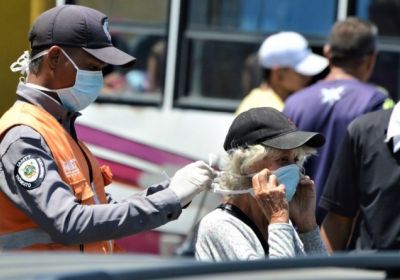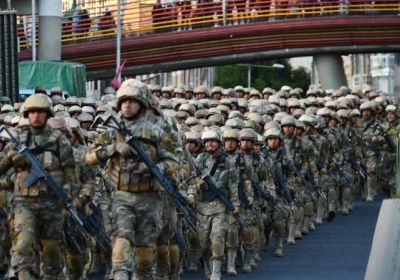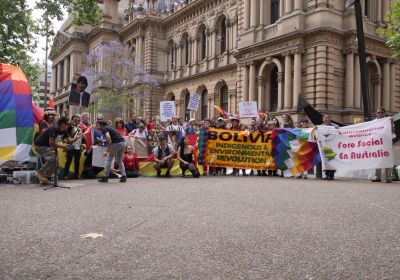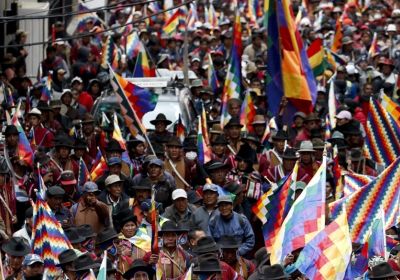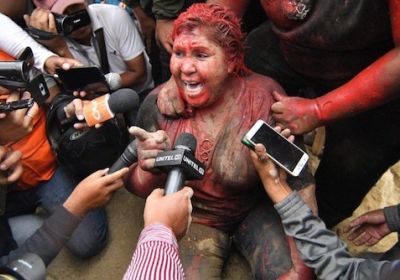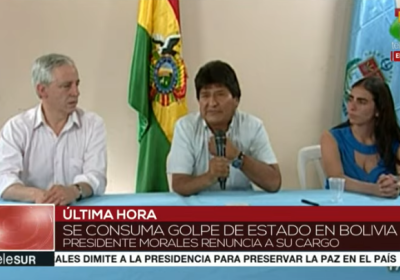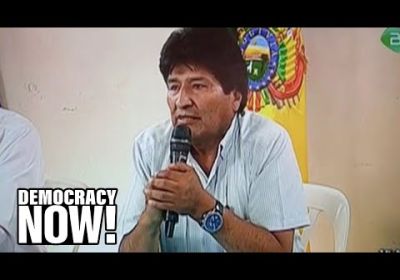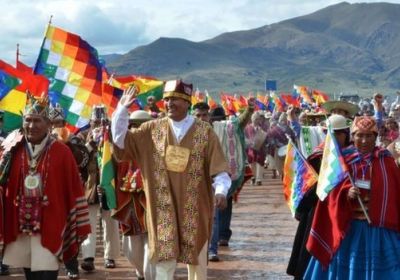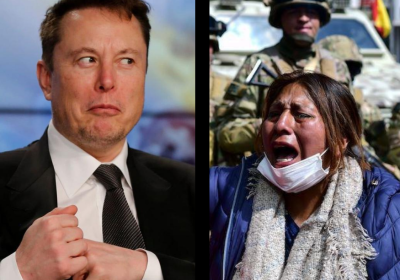
Bolivia’s use of its wealth to advance the interests of the people rather than corporations was an abomination to the United States, which egged on the coup that illegally overthrew the elected government in November last year, write Vijay Prashad and Alejandro Bejarano.
